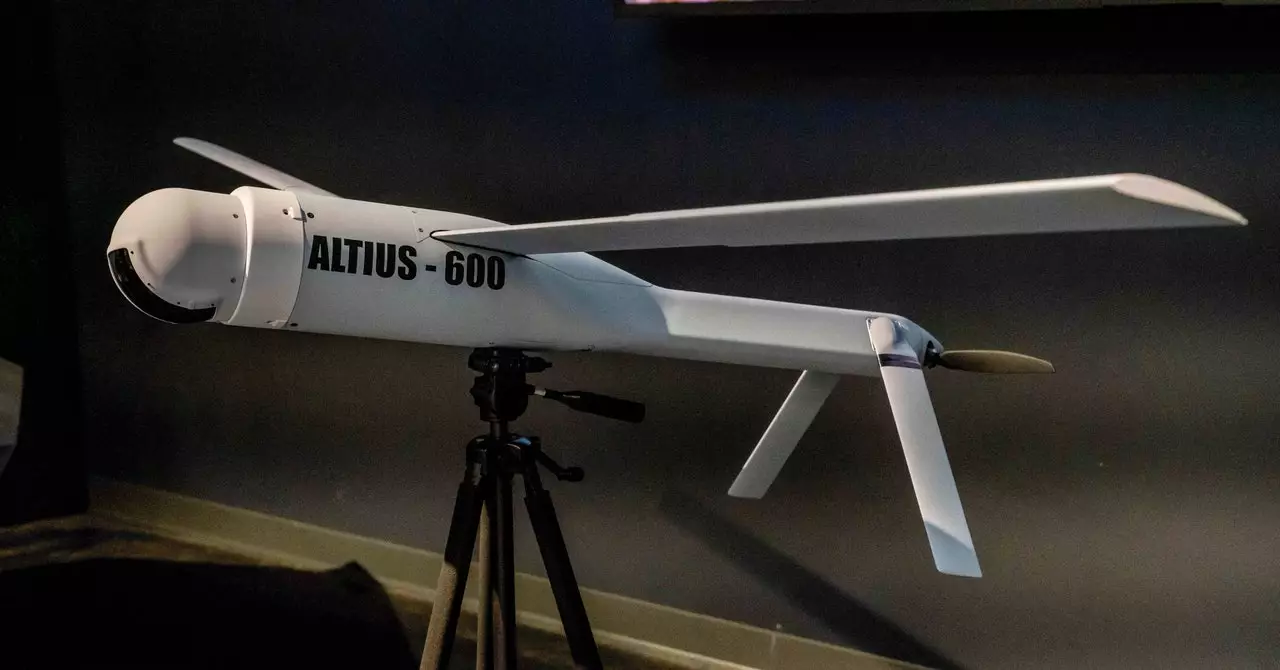In a significant development within the tech industry, OpenAI, acclaimed for its groundbreaking artificial intelligence models such as ChatGPT, has formed a partnership with Anduril Industries, a defense technology startup heavily involved in creating advanced weaponry and systems for the U.S. military. This collaboration symbolizes a broader trend of tech firms increasingly aligning with defense networks, a shift that has captured attention in Silicon Valley and raised critical questions about the implications of merging cutting-edge technologies with military applications.
OpenAI’s CEO, Sam Altman, articulated the company’s mission in a recent statement, emphasizing their commitment to developing AI technologies that serve a wide range of users while supporting U.S. initiatives that adhere to democratic principles. This partnership, according to both companies, aims to enhance military capabilities, particularly in air defense mechanisms, making operations faster and more efficient during critical missions. Brian Schimpf, co-founder and CEO of Anduril, highlighted the collective objective of leveraging AI to foster responsible solutions for military and intelligence personnel to navigate high-stakes scenarios effectively.
The integration of OpenAI’s sophisticated models into Anduril’s systems marks a pivotal moment for defense technology. In practice, OpenAI’s innovations are set to improve the identification of drone threats, facilitating more rapid and precise responses from military operators. A former employee from OpenAI underscored the transformative potential of this technology, positing that it would equip military personnel with real-time insights that significantly reduce risk during operations.
However, the transition into this new frontier has not been devoid of tension within OpenAI. Earlier this year, the company revised its policies regarding military use of its AI technologies, resulting in mixed reactions among employees. Reports suggest a degree of discontent, with some staff members uneasy about the ethical ramifications of employing AI in military contexts. Yet, it is noteworthy that internal dissent did not culminate in open protests, indicating a shift in cultural attitudes or perhaps a resignation to the evolving corporate landscape where defense partnerships are becoming the norm.
The Evolution of Military AI Collaborations
The changing rapport between technology companies and defense sectors signifies a transformative period in how AI can intersect with national security. Anduril, well-regarded for its innovative approach toward military applications, is developing a sophisticated air defense architectural framework where small autonomous drones collaborate in real time under human command. Utilizing a large language model, these drones can interpret and execute complex instructions using natural language, which on the surface seems to promise a more intuitive operational environment for military personnel.
Yet, caution is warranted. While using AI for military functionalities presents numerous advantages, the introduction of autonomous decision-making within these systems evokes significant ethical questions. Currently, Anduril has not deployed advanced AI to autonomously control its systems, prudently avoiding the unpredictability associated with present-day AI models. The potential risks highlighted by AI experts suggest a careful balance must be struck between technological advancement and ethical responsibility.
Historically, the relationship between the tech industry and military operations has been complex. In 2018, a notable backlash arose within Google when thousands of employees protested against the company’s involvement in Project Maven, a Pentagon initiative focused on leveraging AI for defense purposes. This public dissent reflected deep-seated concerns within the tech community regarding the moral implications of integrating AI with military strategies. Following this upheaval, Google ultimately withdrew from the project, sending ripples through the alliance between technological innovation and military application.
As OpenAI and Anduril embark on their partnership, it is essential to consider the broader implications on society and the ethical standards guiding such collaborations. The dialogue surrounding the responsible use of AI in defense strategies is just beginning, signaling a critical juncture in how we navigate these complex relationships. While the partnership may herald advancements in military efficiency, it equally invites scrutiny into the ethical dimensions of technological involvement in warfare. As these dynamics unfold, both companies must heed the lessons of the past to ensure they foster innovation that aligns with the values they profess to uphold.


Leave a Reply